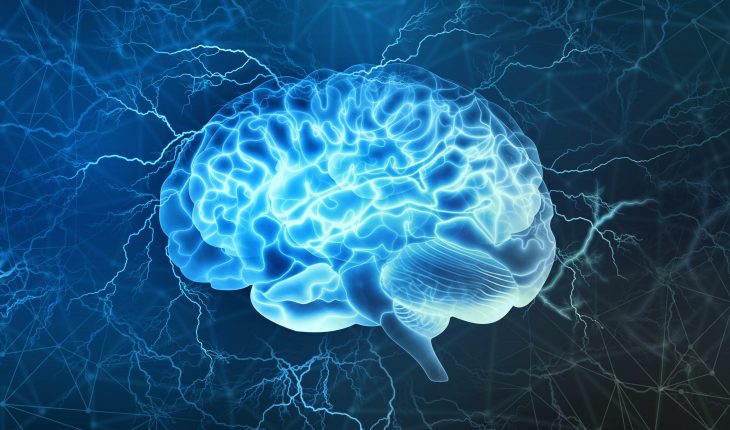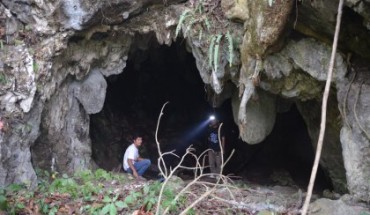The human brain is the most fascinating and least understood organ in all the animal kingdom. It is the largest brain, relative to overall body mass, of any vertebrate. As the largest brain belongs to the most intelligent species on Earth, biology has firmly established that brain size is closely correlated to development. Here are a few interesting facts about the human brain.
It Doesn’t Feel Pain
When touching a hot stove or getting stung by a bee, the nerves in the body, which run from the fingertips to the brain, communicate along a chain until the message reaches the brain through the spinal cord. Signals in the brain go through the thalamus, which directs the message to appropriate areas of the brain, such as the somatosensory cortex, the frontal cortex, and the limbic system. In the brain itself, though, there are no such nerves responsible for detecting pain like exist in the fingers. So, no pain actually originates in the brain.
Most of It Is Fatty Tissue
Glial cells are the most common type of cell in the brain. They are responsible for protecting brain cells from damage by forming a myelin sheath, a fatty coating. Maintaining homeostasis, a set of constant conditions allowing optimal function, is crucial for brain health. Even slight changes in the conditions in the brain, such as in increased temperature beyond a certain limit, can have devastating consequences. The human brain has at least 86 billion neurons that contribute to its 3.3 lb weight. For every neuron, there are 3.7 glial cells, making the brain mostly fat.
We Still Don’t Know How the Human Brain Developed
Evolutionary scientists are puzzled by how human brains become so large and complex in such a relatively short period. One of the most fascinating theories for how humans got our brains is called the Stoned Ape Theory, advanced by the philosopher Terrence McKenna. McKenna posits that human’s astronomical brain growth over such a short period was due to the consumption of psilocybin mushrooms by ancestors on the African savannah after descending from their previous homes in the treetops of the jungle. Psychedelic drugs such as psilocybin mushrooms are known to increase neural connections, but as of yet, there is no hard evidence to prove the Stoned Ape Theory.
The human brain is truly a wondrous organ that remains a subject of mystery in our world. The wonders of the 3-pound fatty ball called the human brain will likely captivate and confound scientists for years to come.




